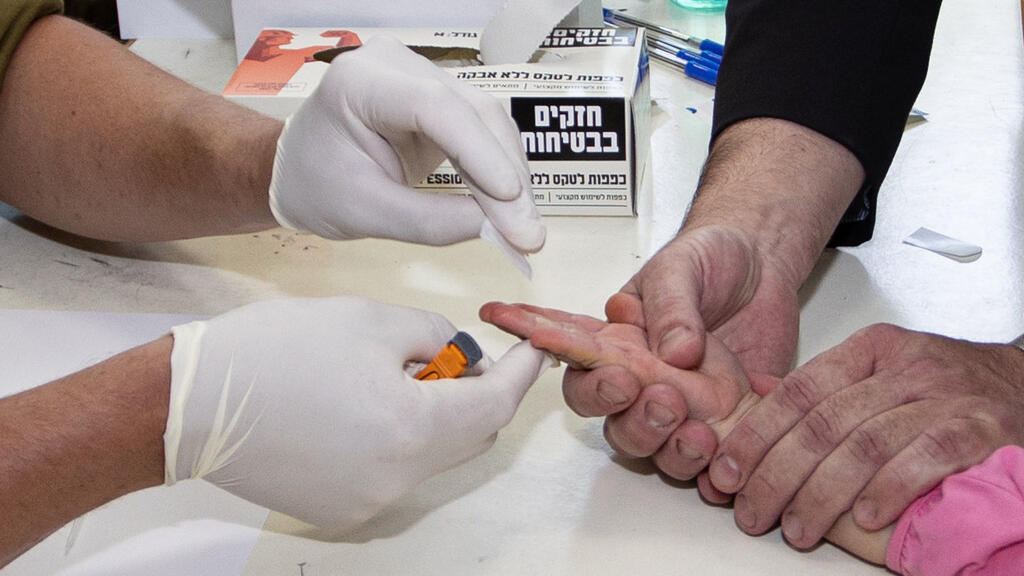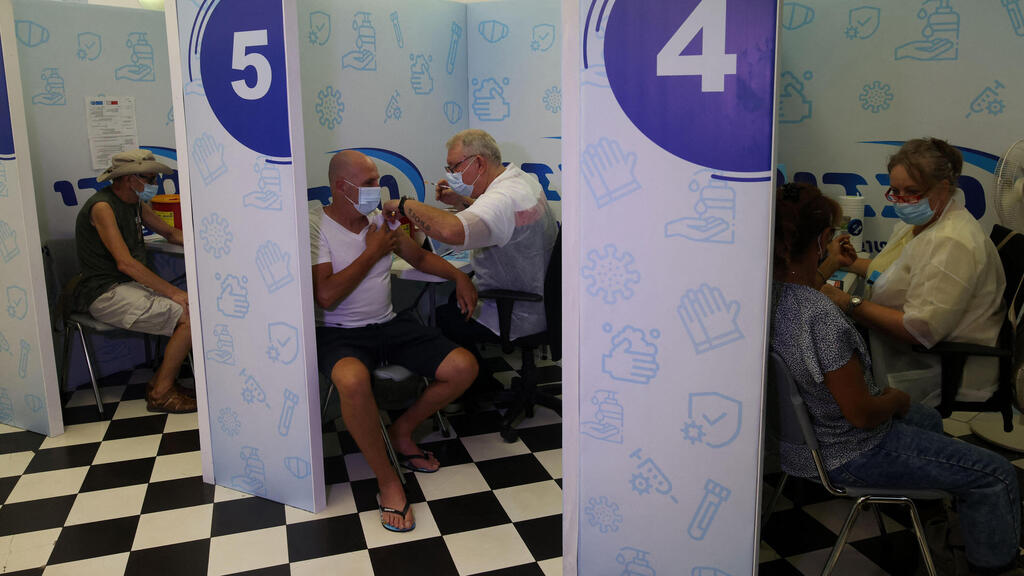The worrying surge of COVID spread in the country may have somewhat stabilized, but as important as it may be, it certainly doesn't herald the end of the pandemic.
The country’s number of severe patients has surpassed the-700 mark, while the contagion rate among the country’s education professionals has spiked to 9%, with less than a day to go until the start of the school year.
The number of virus-related fatalities has also “stabilized” at around 22 per day. For comparison, the number of fatalities in Mount Meron stampede - Israel's deadliest civil disaster - was 45.
Assuming the pandemic in Israel does indeed subside, thanks to the combination of the booster campaign, the mask mandate, the reduction of international flights and a lot of luck in the first week of the new school year, some questions still remain.
How did Israel become one of the worst-affected countries by coronavirus in the world in mere months. Why did we need an urgent approval of the third vaccine shot despite having one of the highest vaccination rates in the world?
4 View gallery


A child is given a serological test near Haifa to determine if she was exposed to COVID
(Photo: Gil Nehushtan)
Where did we go wrong compared to states like Denmark, Canada, Finland and Singapore? All of these countries are also dealing with the spread of the Delta variant and have similar vaccination rates to Israel, but have significantly lower numbers of daily COVID cases, patients in serious condition, and virus-related fatalities compared to us.
How is it that apart from Israel, no other country with such a high vaccination rate has started giving the third jab to the masses? What went wrong and why?
Answers to these questions are something we currently lack.
What we do have, however, is a statewide campaign meant to boost the national level of optimism. It relies on the decline of Israel's R number, which indicates how many people a coronavirus carrier has infected, and the booster shot drive.
It is important to note that while the R number is an important figure to keep track of, it is a limited statistic which relies on conjectures, and therefore can be misleading and dangerous to rely on.
As for the euphoria surrounding Israel’s third jab campaign, it is justified due to scientific facts regarding the booster’s effectiveness, yet it might be too early to celebrate.
In order for the booster to effectively halt the spread of the pathogen in the next two to three weeks, the majority of the 5.6 million Israelis who have received the first two doses, will have to get the booster.
We are still a long way away from that goal. Up until now, only 2 million Israelis received the third jab (not three million as Prime Minister Naftali Bennett mistakenly told U.S. President Joe Biden at their meeting in Washington). The rest are still on the fence.
The public is entitled to an honest and professional answer to the troubling question of why we have deteriorated the way we have.
Not in an effort to look for culprits but to learn the needed lesson and prepare for the future to come. So that we do not fall so far from grace again.




